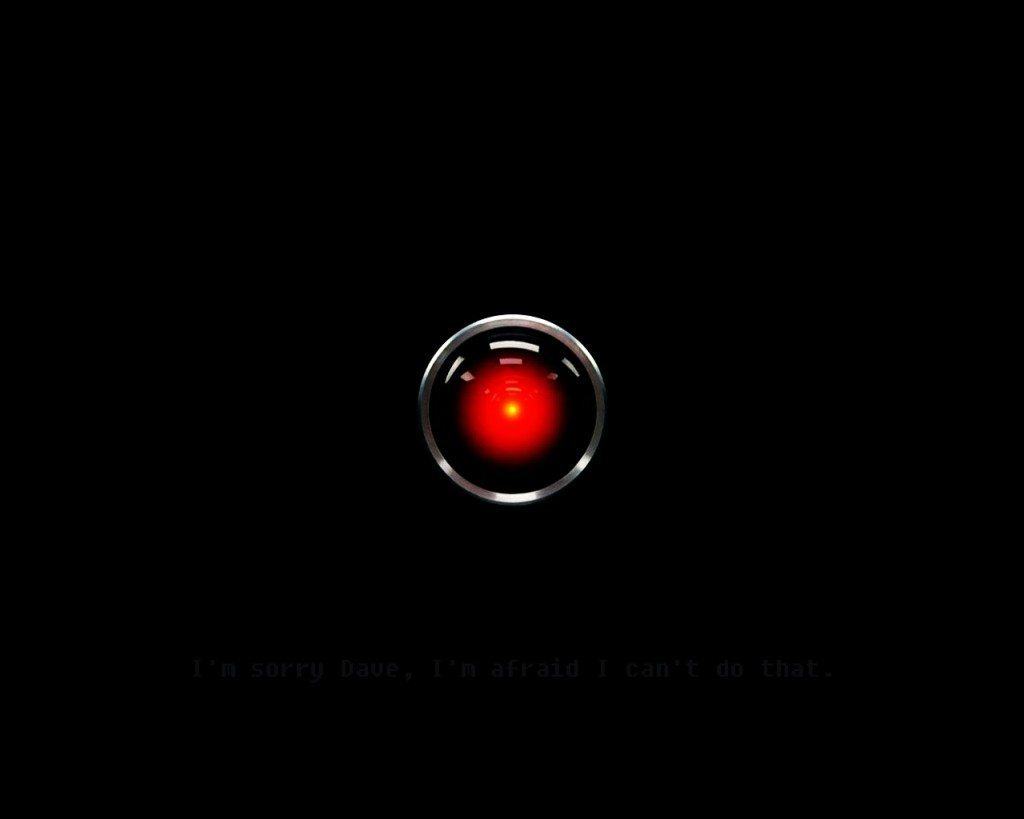Antony Haynes has an apt warning for consumers: Any device that has the word “smart” associated with it “is hackable and trackable.”
So in opting for smartphones, smart TVs, smart homes, smart watches, smart fitness trackers, smart cars or countless other products capable of being used like computers, consumers should know they are “inviting a third party to conduct surveillance of my life,” he says.
Haynes is associate dean for strategic initiatives and information systems at Albany Law School, where he also teaches a seminar on cybersecurity law and policy as an assistant professor. He once taught computer science at the U.S. Air Force Academy – his undergraduate alma mater – practiced intellectual property and securities law at two Washington, D.C., law firms, advised start-ups on marketing, technology and legal strategy, and is an entrepreneur.
I turned to Haynes after the knuckle-rapping delivered last week to smart TV manufacturer Vizio, wondering where the law and consumer privacy were intersecting with the “Internet of Things” – the growing interconnectivity of everyday devices via the Internet.
Vizio, you may recall, was ordered by the Federal Trade Commission to pay $2.2 million in fines for collecting data on what the buyers of its TVs were watching and then selling that information to third parties.
The data were as close to home as IP addresses, and while that information could not be used to identify consumers by name, it could offer their age, sex, income, marital status, household size and education – gold to advertisers.
“‘Big Data’ is where the money is,” says Haynes, and if a smart device can be incorporated into the home or made wearable, “I can mine you for data.”
The FTC’s main gripe with Vizio was that its Internet-enabled TVs used proprietary software to continuously track what consumers were watching. The software was turned on automatically in TVs sold beginning in 2014, and later added remotely to earlier models.
All the tracking – “up to 100 billion data points each day from more than 10 million Vizio televisions,” the FTC said in its complaint – was done without the knowledge or consent of the TVs’ users, amounting to deceptive and unfair trade practices under the law. Vizio admitted no wrongdoing in settling with the agency, and agreed to implement a new policy that will require that consumers opt in to data collection and sharing. It also has to “prominently disclose” what it’s collecting, who it’s sharing the data with and for what purpose.
Haynes said consumers should always read the manuals or documents that come with their devices, and “make the choice consciously” to turn off any tracking capabilities. If that option isn’t readily visible or available, don’t buy the product. “Every single ‘smart’ device is another breach in the wall,” Haynes said, advising, “go with ‘dumb’ in the short-term” until consumer privacy becomes more important to the product maker.
Marlene Kennedy is a freelance columnist. Opinions expressed in her column are her own and not necessarily the newspaper’s. Reach her at [email protected].







